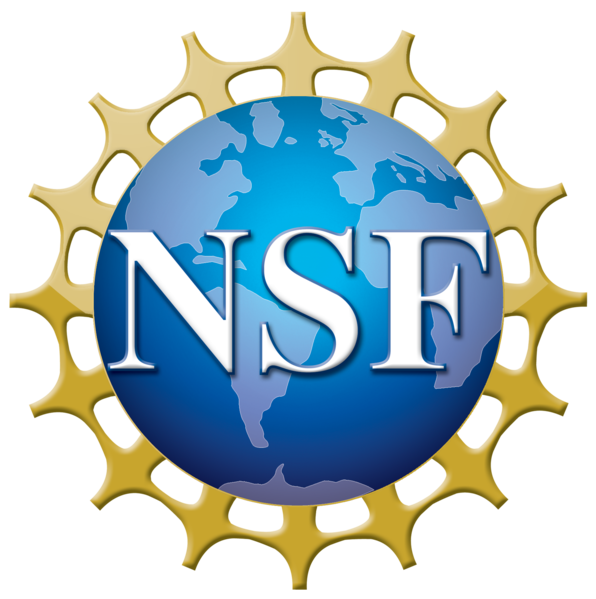Call for Applications
2023 Engineering Workforce Development Fellowship
This call is open to undergraduate and graduate students, and postdocs who have interest in making quantum science accessible. The Center for Quantum Networks (CQN) Engineering Workforce Development (EWD) pillar is mobilizing a significant effort for innovation in education and workforce training efforts. CQN would like to specifically increase attainability of future workforces in Quantum Information Science and Engineering (QISE). CQN is focusing efforts in establishing and growing the content and community in QISE at the secondary school level.
To this end, we are seeking innovative and transformative activities, demonstrations, products/prototypes, and/or delivery modalities that can be used to advance understanding in foundational physics, math, engineering, and ultimately quantum information sciences at the secondary schooling level.
CQN is accepting proposals that demonstrate well thought out schemes to develop and build the above mentioned deliverables. Proposals will be judged on the relevance of the project, feasibility of the timeline, educational and pedagogical benefit and workforce impact, and proposed integration of deliverable(s) to students and educators.
EWD Fellowship funds cannot be used to replace existing funding supporting an ongoing project but can be used to expand a currently funded project in a new direction. EWD Fellowship is not intended to fund students working on faculty research projects; it is intended to support student-initiated pedagoical projects.
Proposal Requirements:
- Proposals should be no longer than 3 pages, 12 point Arial font
- Each project requires a senior sponsor in the form of a CQN faculty or post-doc.
- Proposals should include a statement describing how diversity and inclusion are taken into consideration in the development of the deliverable, as well as integration of an EWD mission and core values.
- Brief technical description of the foundational physics, math, engineering, and/or QISE elements to be covered by deliverable
- Brief description of the ideal audience
- Proposed timeline for development
- Timelines should fall within 3, 6, or 12 months for completion
- Proposers are encouraged to develop working relationships with secondary school educators to receive first-hand experience input on their proposed idea.
Supplementary Documents Required:
- Description and credentials of team (include resume/CV) (this does not count toward the 3-page maximum). This should include the proposing individual and at least their sponsor.
- 100-word biography of each team member
- Budget outlining materials and supplies needed. Inclusion of quotes is preferred but not required
Send your application to info@cqn-erc.org under the subject head “EWD Fellowship Proposal”
How does the fellowship program work?
Although we have flexibility, the general EWD Fellowship timeline is as follows:
- Within two weeks of application submission, you will receive word of whether you are funded or not.
- 3-month timelines will receive $500 in Q*Buck$, 6-month timelines will receive $1,000 Q*Buck$, and 12-month timelines will receive $1,500 Q*Buck$
- Q*Buck$ are
- Within the first month an initial progress report, including timeline and milestones buildout will be due
- At the halfway point a progress report will be due with plan for final deliverable outlined
- Two weeks after the end of the period of performance a final report will be due. Final deliverable should include built-out content that is in final or near final form to share with secondary school audiences or educators.
- Publication-quality white paper, invention/copyright application, functioning prototype, or manuscript draft are also encouraged and will be supported by CQN administration.
The Center for Quantum Networks will publicize your work. All EWD Fellows will present their work at a CQN funded poster session, as well as at the next World Quantum Day event held by CQN.
The University of Arizona is an equal opportunity, affirmative action institution. The University does not discriminate on the basis of race, color, religion, sex, national origin, age, disability, veteran status, sexual orientation, gender identity, or genetic information in its programs and activities.

